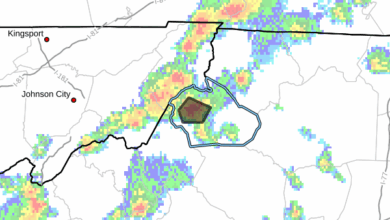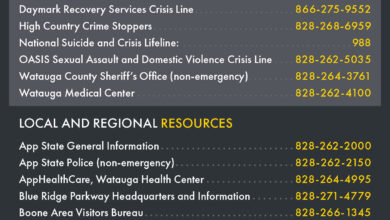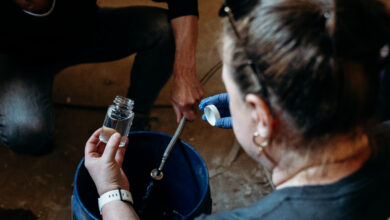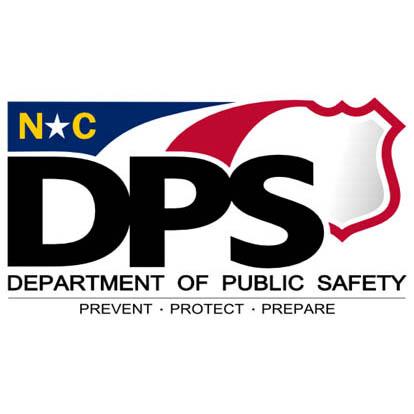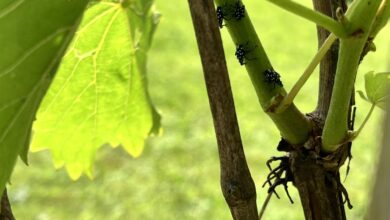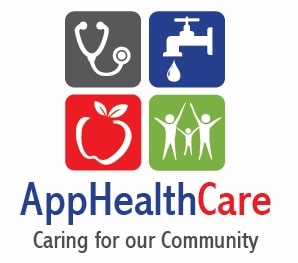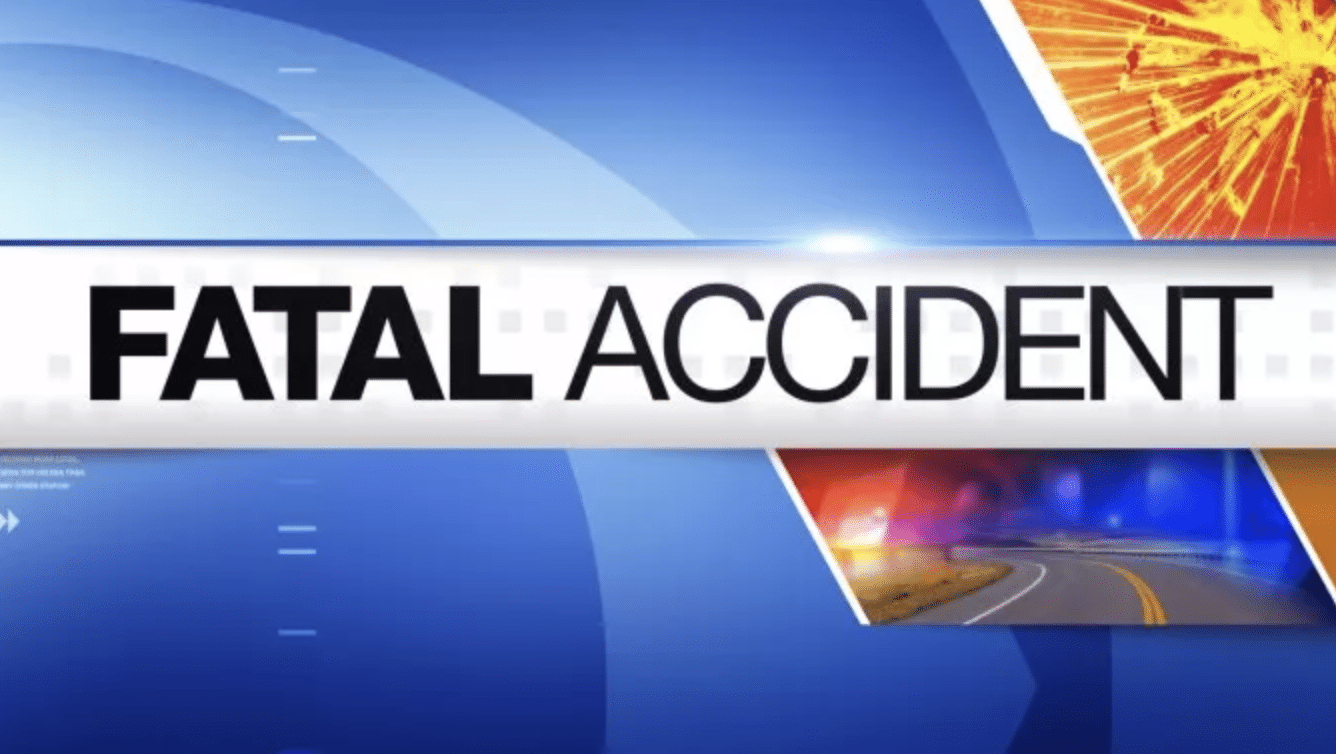Last Updated on June 2, 2016 1:45 pm
RALEIGH, N.C. — Encounters with wild animals, particularly young wildlife such as fawns, become more frequent in the spring. The N.C. Wildlife Resources Commission reminds people to enjoy wildlife with respect and caution when these encounters occur.
Handling, moving or feeding wildlife can harm or ultimately kill the animal and can create a risk for human safety. It is illegal to keep native mammals or birds in North Carolina without a permit.
“Some people believe that they should rescue young animals they find in the wild,” said Jessie Birckhead, the Commission’s extension biologist. “But touching or feeding wildlife can bring on many unintended consequences for both animals and humans, including the potential for conflicts.”
Many species, such as white-tailed deer, do not constantly stay with their young and only return to feed them. While a fawn might look abandoned and alone, it is actually waiting for its mother to return. Fawns are well equipped to protect themselves. A five-day-old fawn can outrun a human, and within a few weeks of birth, can escape most predators.
“Removing a fawn from the wild will decrease its chances of survival,” Birckhead said. “Fawns are naturally camouflaged and usually remain undetected by predators. The doe will return to the fawn several times a day to nurse and clean it, staying only a few minutes each time before leaving again to seek food.”
For more information on fawns in distress, go to http://www.ncwildlife.org/HaveaProblem.aspx.
Dogs and cats can be predators of wildlife. Keeping dogs on leashes and cats indoors will not only protect your pets from illness and injuries, but will also protect vulnerable wildlife.
Feeding wildlife may seem harmless or even helpful. However, it can cause a wild animal to lose its natural fear of humans. The animal may become aggressive or cause property damage in its search for more human food. Wildlife can also transmit diseases, including rabies and roundworm, to humans. For more information about the hazards of feeding wildlife, go to www.ncwildlife.org/feedinghazard.







